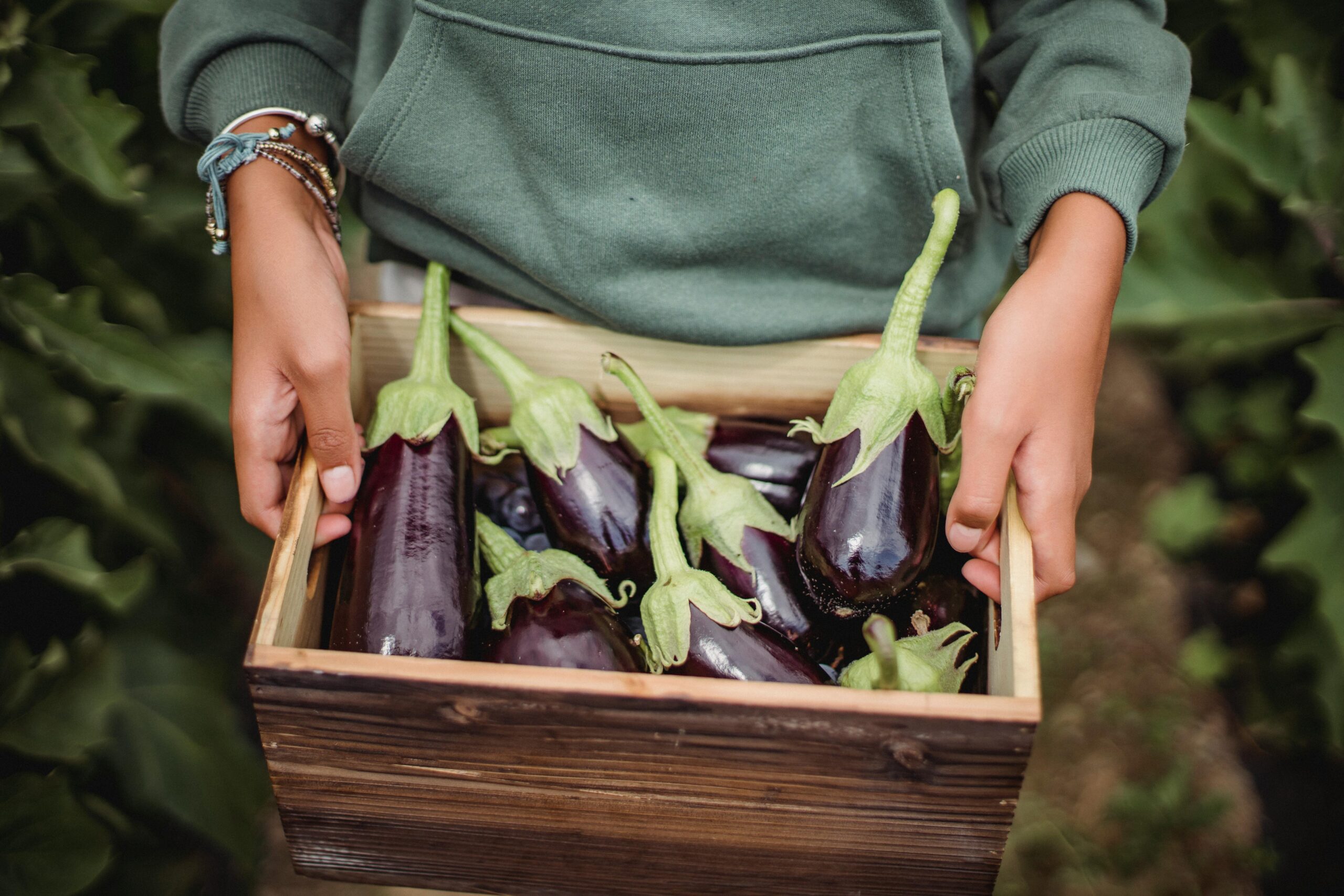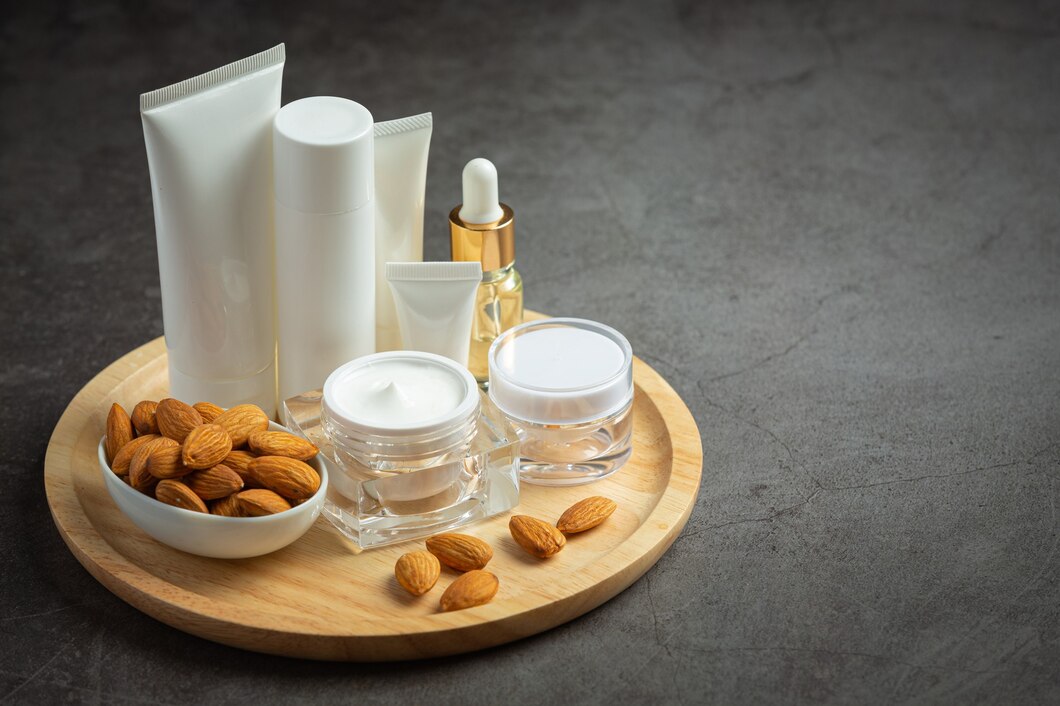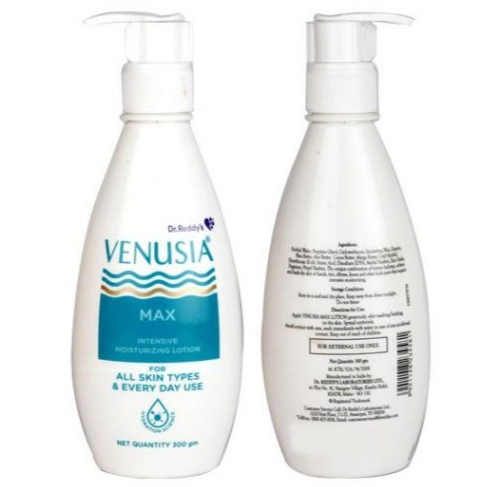Introduction
The Black Beauty eggplant is a popular and versatile vegetable that has earned its place in kitchens and gardens worldwide. Known for its glossy, deep purple skin and delicious flavor, this eggplant variety is not only a staple in various cuisines but also a healthy addition to any diet. Whether you’re a seasoned gardener or new to growing vegetables, the Black Beauty eggplant is an excellent choice due to its rich nutrients and relatively easy cultivation process.
In this article, we’ll explore the key aspects of the Black Beauty eggplant, including its nutritional benefits, growing tips, and culinary uses, to help you get the most out of this versatile vegetable.
What is the Black Beauty Eggplant?
The Black Beauty eggplant (Solanum melongena) is an heirloom variety of eggplant known for its large, deep purple fruits and mild, slightly sweet taste. The fruit typically grows to about 4 to 6 inches in diameter, and its meaty texture makes it ideal for a variety of dishes such as grilling, roasting, and frying.
This variety is especially popular in home gardens due to its robust growth and the fact that it produces high yields in relatively small spaces. The plant can grow up to 2 to 3 feet tall, making it manageable even in container gardens.
Nutritional Benefits of Black Beauty Eggplant
Eggplants, especially the Black Beauty variety, are packed with nutrients that make them a great addition to any diet. Let’s take a closer look at the main health benefits:
1. Low in Calories
One of the most appealing aspects of the Black Beauty eggplant is that it’s very low in calories. A single cup of cooked eggplant contains about 35 calories, making it an excellent option for those looking to maintain or lose weight.
2. High in Fiber
Eggplants are rich in dietary fiber, which is essential for maintaining a healthy digestive system. Fiber helps regulate bowel movements, lowers cholesterol levels, and aids in managing blood sugar levels.
3. Antioxidant-Rich
The deep purple skin of the Black Beauty eggplant is packed with anthocyanins, a type of antioxidant that has been linked to heart health and reduced inflammation. These antioxidants help neutralize free radicals in the body, reducing the risk of chronic diseases.
4. Good Source of Vitamins and Minerals
Black Beauty eggplants are a good source of essential vitamins and minerals, including vitamin C, vitamin K, and potassium. These nutrients aid in immune function, promote bone health, and help regulate blood pressure.
How to Grow Black Beauty Eggplant
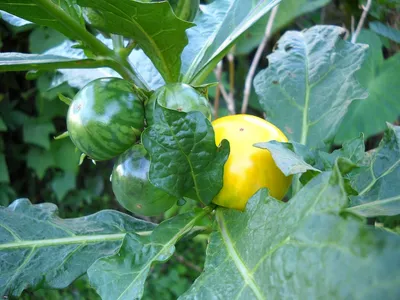
Growing Black Beauty eggplant is relatively easy, making it a great option for both beginner and experienced gardeners. Here’s a step-by-step guide on how to successfully grow this versatile vegetable.
1. Choose the Right Location
Eggplants need plenty of sunlight to thrive, so be sure to plant them in a location that gets at least 6 to 8 hours of sunlight per day. The Black Beauty variety also prefers well-drained soil with a pH between 6.0 and 6.8.
2. Start with Seeds or Seedlings
You can grow Black Beauty eggplant either from seeds or seedlings. If starting from seeds, it’s best to begin them indoors 8 to 10 weeks before the last frost date in your area. Transplant the seedlings outdoors once the soil has warmed up and there’s no longer any risk of frost.
3. Space Your Plants
Black Beauty eggplants need plenty of space to grow, so be sure to plant them about 18 to 24 inches apart. This spacing will allow enough room for the plants to spread and for air to circulate, reducing the risk of diseases.
4. Water Regularly
Eggplants need consistent moisture to grow well, but be careful not to overwater them. Keep the soil moist, but avoid making it soggy. Mulching around the base of the plant can help retain moisture and keep the soil temperature consistent.
5. Fertilize as Needed
Eggplants are heavy feeders, so consider adding a balanced fertilizer when planting and again during the growing season. A fertilizer rich in nitrogen, phosphorus, and potassium will help the plant produce large, healthy fruits.
Common Pests and Diseases
Like any garden plant, Black Beauty eggplant can be susceptible to pests and diseases. Here are a few common issues to look out for:
1. Flea Beetles
These tiny pests can chew small holes in the leaves of your eggplant, slowing its growth. To control flea beetles, use row covers or apply an organic insecticide.
2. Aphids
Aphids are another common pest that can attack eggplants, sucking the sap from the leaves and causing them to wilt. You can control aphids by spraying the plants with a mixture of water and dish soap or by introducing natural predators like ladybugs.
3. Verticillium Wilt
This soil-borne fungus can cause the leaves of your eggplant to yellow and wilt. To prevent verticillium wilt, rotate your crops each year and avoid planting eggplants in areas where tomatoes or potatoes have recently grown.
Harvesting and Storing Black Beauty Eggplant
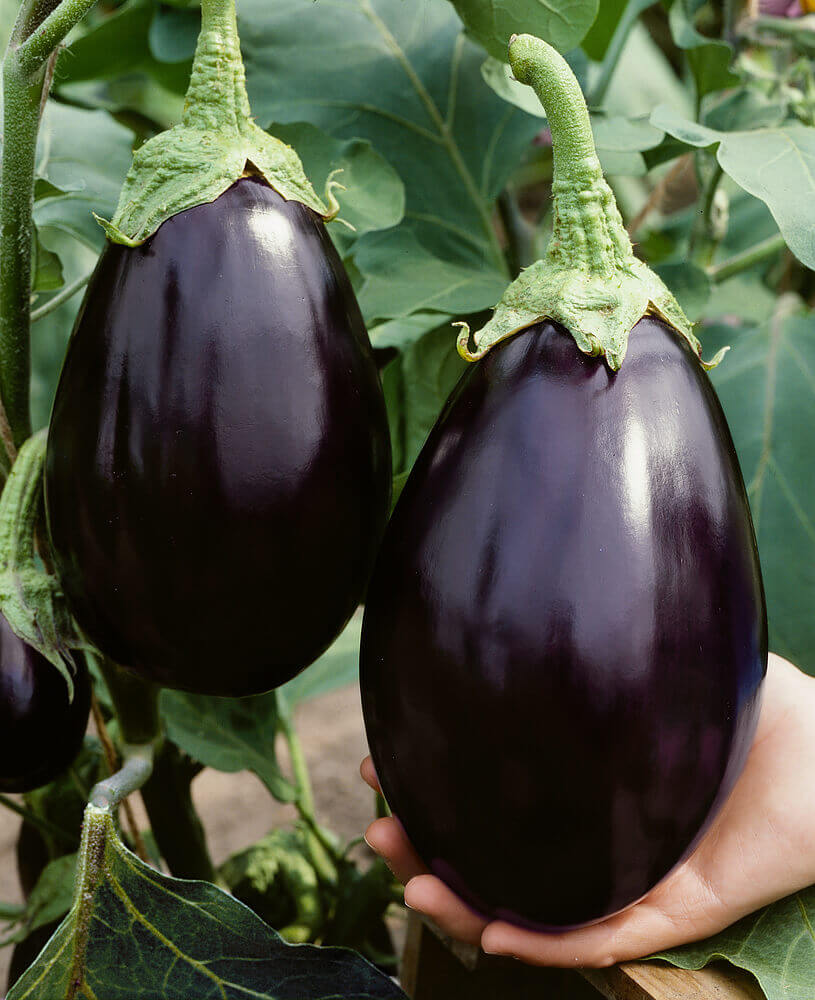
Knowing when to harvest your Black Beauty eggplant is key to enjoying its best flavor. Here’s what you need to know:
1. Harvest at the Right Time
The best time to harvest Black Beauty eggplants is when they are about 4 to 6 inches long and have a glossy, deep purple color. The skin should be firm but slightly tender to the touch. If the skin feels hard or the flesh is spongy, the eggplant may be overripe.
2. Use a Sharp Knife
When harvesting, use a sharp knife or garden shears to cut the eggplant from the plant, leaving a small portion of the stem attached. This will help prevent damage to the plant and ensure a longer shelf life for the eggplant.
3. Store in a Cool Place
After harvesting, store your Black Beauty eggplant in a cool, dry place. It’s best to use the eggplant within a few days for optimal flavor and texture. If you need to store it for longer, you can refrigerate it for up to a week.
Culinary Uses for Black Beauty Eggplant
Black Beauty eggplants are incredibly versatile in the kitchen. Here are a few popular ways to prepare and enjoy this delicious vegetable:
1. Grilled Eggplant
Grilling brings out the smoky flavor of eggplant, making it a perfect side dish for summer barbecues. Simply slice the eggplant, brush it with olive oil, and grill it until tender.
2. Eggplant Parmesan
One of the most famous eggplant dishes, eggplant parmesan layers breaded and fried eggplant slices with marinara sauce and cheese for a comforting, hearty meal.
3. Roasted Eggplant
Roasting Black Beauty eggplants brings out their natural sweetness. Roast them with olive oil, garlic, and herbs for a simple yet flavorful dish.
Conclusion
The Black Beauty eggplant is not only a nutritious addition to any meal but also a rewarding plant to grow in your garden. With its rich flavor, versatility in cooking, and numerous health benefits, this heirloom variety deserves a spot in your kitchen and garden. By following the tips in this article, you’ll be well on your way to enjoying a bountiful harvest of Black Beauty eggplants. Whether you’re grilling, roasting, or adding them to your favorite dish, the Black Beauty eggplant is sure to delight your taste buds!
